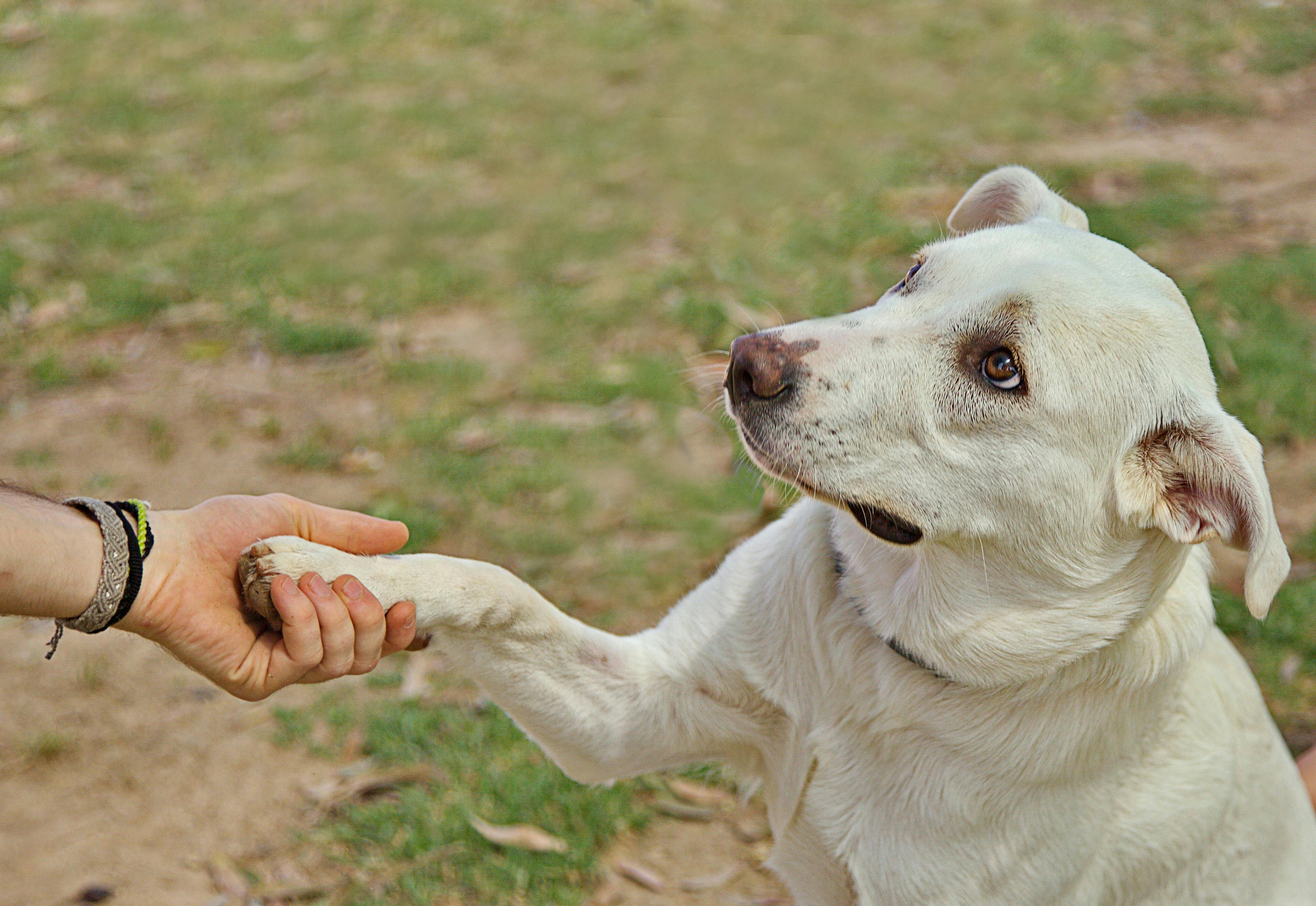
Corgi health problems
When it comes to Corgi health problems, it is much easier and more profitable to practice preventive medicine than it is to fight off disease episodes. When possible, have your puppy examined by the same veterinarian who cared for the mother, as many infections and parasites can be passed from mother to puppy. During this initial visit, a vaccination schedule should be established. Vaccinations help protect your Corgi against viruses. Unfortunately, these vaccinations do not guarantee that your puppy will stay healthy. Below is a list of common Corgi health problems and how to recognize and respond to them.
Possible Corgi health problems
Corgis can suffer from many of the same physical and psychological illnesses as humans. Unlike human children who can express discomfort when they are sick, our Corgi children cannot tell us when they are feeling sick. If you can recognize the signs of the disease before they become too severe, you may be able to avoid an expensive visit to your vet.
Skin problems – The number of skin problems that can affect your dog is so high that dermatology has evolved as its own veterinary specialty. Your Corgi’s skin is just as sensitive as human skin and can be irritated by many of the same triggers. Many dogs can have reactions to bites from parasites such as fleas, ticks, and / or mites. The bites can itch, erupt and, in the worst case, become infected. Dogs can also have seasonal and / or food allergies. They react in the same way to a parasite bite by scratching and biting themselves. This can make diagnosis difficult. If you suspect a food allergy, you can diagnose the condition yourself by changing your dog’s food for a whole month. For example, if chicken is the main ingredient in your dog’s diet, switch to a food with lamb as the main ingredient. If the symptoms go away, it is very likely that your dog has a food allergy or intolerance.
Obesity – Studies show that almost 30% of canines are overweight and this is a very common Corgi health problem. This is due to the same cause of being overweight in people; high caloric intake and little amount of exercise. Your Corgi should have a visible waistline. The abdomen should not extend and there should be no fat deposits on the hips or hindquarters. Your Corgi’s weight needs to be closely monitored because Corgi’s weight problems are linked to several other diseases.
Back and joint problems – Corgis are more susceptible to back and joint problems due to their long backs and short legs. Certain Corgi lineages are more sensitive to ruptured disc syndrome and hip dysplasia. A dog showing signs of a ruptured disc will be in extreme pain and in some cases will have partial or complete paralysis of the hindquarters. Pain and paralysis are caused by the pressure of the ruptured disc against the spine. A dog affected by hip dysplasia can display a variety of complaints ranging from mild to severely disabling. Some dogs may have difficulty getting up, walking with a limp, or have tenderness in the hip area. Hip dysplasia is a developmental disease and cannot be avoided. But to avoid other back and joint problems, as your Corgi grows rapidly (less than a year), you should avoid high-impact games and exercises. You need to ensure that your Corgi does not have the opportunity to jump from high places, i.e. beds, furniture, stairs, etc.
Along with these various joint problems comes arthritis. The pain associated with Corgi arthritis is due to inflammation of the affected joint. If you hate seeing how your pet’s quality of life is affected by this disease, you can try All-Natural Pet Bounce, a homeopathic remedy for your pet’s joint pain.
Eye problems – Corgis frequently experience eye problems. Progressive retinal atrophy is the most common disease affecting Corgis. It does not usually affect the dog until after 6 years. It is a degenerative disease that will eventually blind the dog. Secondary glaucoma is also common in the Corgi. With glaucoma, there is increased pressure inside the eye that causes the eyeball to swell and hurt. It is important to examine your dog’s eyes regularly. During the exam, you should look for excessive tearing, mucus, or cloudiness. If you notice any abnormalities, report them to your vet immediately.
Cystitis – Corgis are prone to this condition which causes severe inflammation in the bladder. If cystitis is present, the dog may complain when urinating. Always having clean, fresh water available can help prevent cystitis, otherwise the condition can be easily treated with antibiotics.
Remember that your dog depends on you for its well-being. Providing proper nutrition, exercise, and parasite control will help prevent your dog from being susceptible to many dangerous diseases. Along with a healthy diet, many breeders and vets recommend adding vitamins to your dog’s diet. This regimen, along with maintaining a proper vaccination schedule and annual check-ups with your vet, will help you and your pet live a happy life, as well as avoid many of the common corgi health problems listed above. .